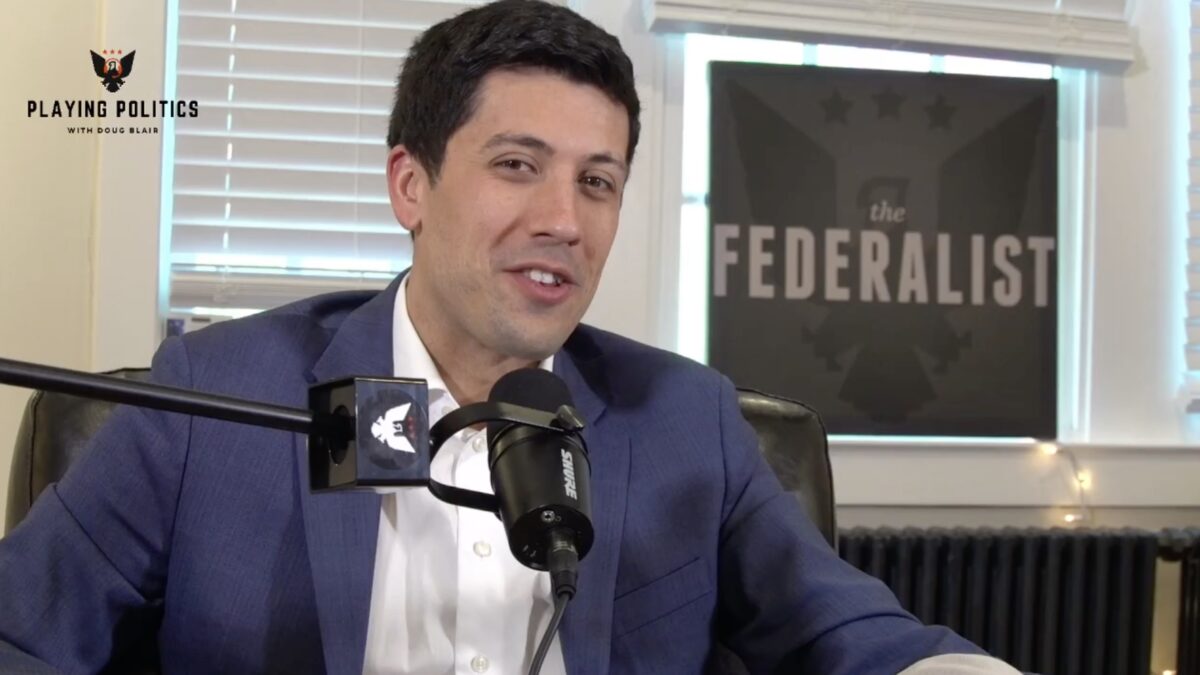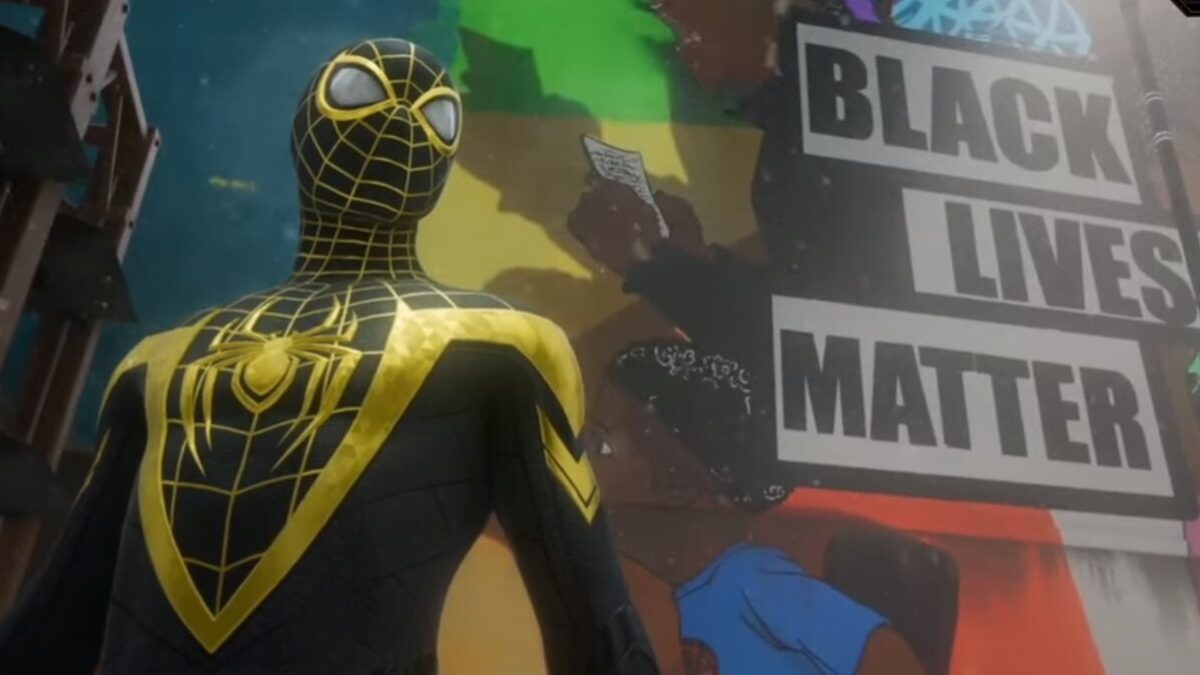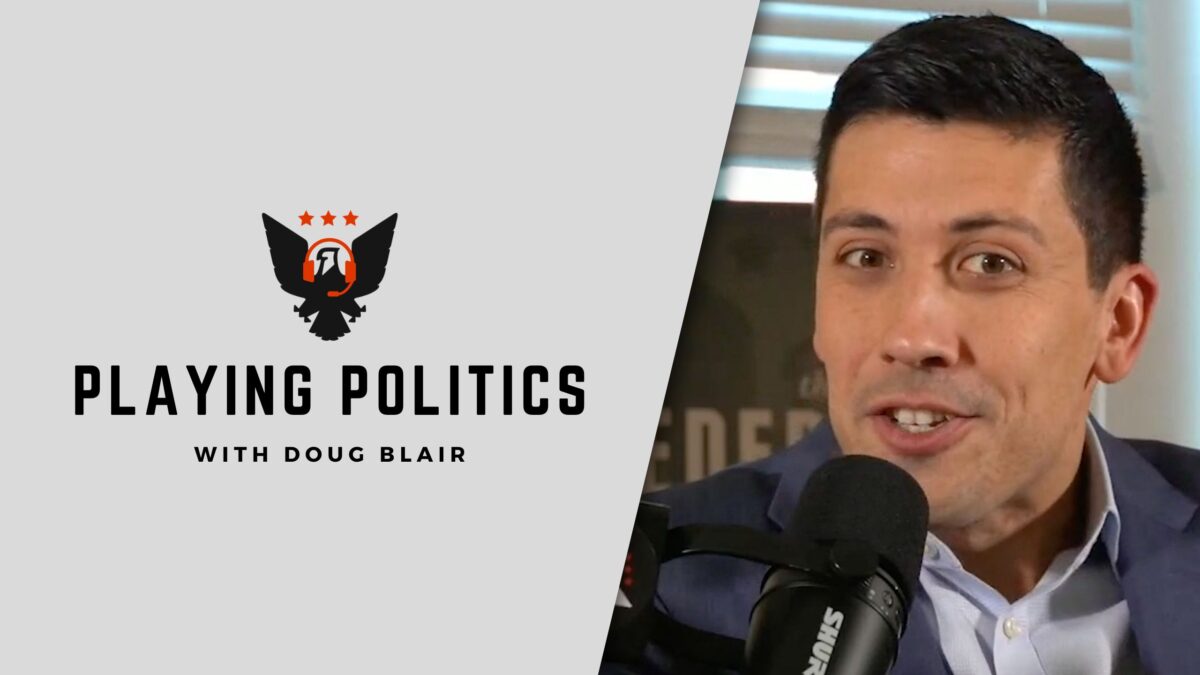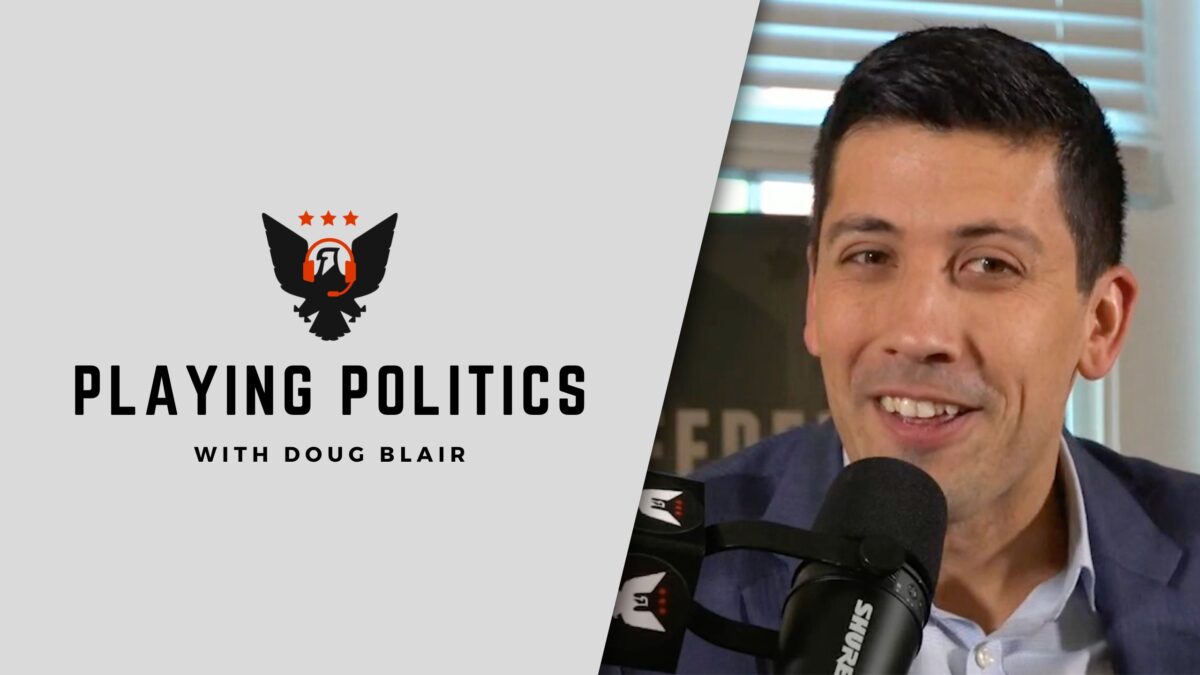Unless you’ve been living under a rock, you’re probably aware a new Mario movie just came out. So far, this movie seems to be getting a better reception than the 1993 version.
I still lie awake in bed some nights, terrified that Dennis Hopper as Bowser is going to get me.
Anyway, the movie is pretty solid. Peach is a bit of a girlboss, but whatever, I can’t complain about it too much.
But the Mario movie got me thinking. Gaming has now become so mainstream that TV shows and movies about them are now becoming normal. There’s this recent film featuring the Italian plumber turned princess rescuer, but then last year, there was the “Uncharted” movie. And back in 2019, there was “Detective Pikachu.” And then, of course, HBO’s hit show “The Last of Us” is based on a game of the same title.
I know I should be thrilled that some of my favorite characters are making their way to the big screen but I feel slightly unnerved. Yes, it’s good that gaming is receiving some form of cultural recognition. Gone are the days of people giving you a funny look for saying you enjoy playing video games. We’ve made it, hallelujah.
But there’s a danger in becoming more mainstream. It creates an incentive for bad actors to hijack whatever we’re talking about and twist it to their own ends.
I mentioned that Peach is a bit of a girlboss in this new “Mario” movie, a strong female character who doesn’t need a man to protect her. But that just scratches the surface of leftist ideology seeping into games-based media. Episode three of “The Last of Us” featured a gay couple shoehorned into the show, complete with a gay sex scene, to push LGBT ideology. The episode’s director even admitted that he wanted to “sort of trick the rest of the world into watching” a gay romance.
Not creepy or weird at all!
Paramount tried to pull the same woke crap with a TV version of the sci-fi epic Halo. Master Chief is relegated to the role of a supporting character, forced to worship at the feet of yet another strong female character who was invented by the showrunners to push a yas qween message.
But frankly, I think the worst example of showrunners exploiting gaming to push leftist ideology on screen is “The Witcher.” That show is like the final boss of wokeness. It’s got everything: girl power, race swapping, and LGBT propaganda.
It was so bad, and so drastically not like The Witcher games, that mega nerd and proof-that-geeks-can-be-cool-too Henry Cavill left the show, citing specifically that he didn’t feel as if the showrunners cared about the source material.
And that’s why this newfound mainstreaming of video games is a double-edged sword. It’s great that the hobby is engaging more people. But to the extent the wrong kind of people are engaging with gaming, there’s definitely an infection taking root.
In the past, a natural barrier of uncoolness protected gaming from bad actors. You didn’t really want to admit you played video games. Saying you were a gamer conjured up images of socially maladjusted basement dwellers with an almost vampiric aversion to sunlight. The left couldn’t use gaming as a tool to push propaganda because it wasn’t mainstream enough.
But now, the math has completely changed. That natural barrier of uncoolness is gone, and it’s going to require a concerted effort to protect gaming from the left.
There’s a term that gets thrown around, usually in a negative way, but that I think is useful here —“gatekeeping.”
Gatekeeping tends to be viewed as bad — like we should all be inclusive and let everyone have a seat at the table. And while I think generally that’s true, there does need to be a point where the line is drawn.
It’s great more people are engaging in the hobby. For instance, eSports will be part of the 2023 Summer Olympics. So for the first time ever, gamers won’t just be competing for a bag of Cheetos and 25 percent off their next purchase at the local game store when they kick butt at Smash Bros. They’ll be competing on the world stage for glory, medals, and maybe a bag of Cheetos at the Olympic Village.
But with that attention comes a need to prevent gaming from being overwhelmed by activists. While gatekeeping might seem uncomfortable, it is necessary. Not everyone should be involved in this hobby. There are absolutely people that are only “gamers,” and I use that term loosely here because they just want to ruin the fun for everyone else.
Gatekeeping is absolutely needed to keep those types out. I’ll admit, it’s a balancing act. Every gamer remembers getting introduced to the hobby by someone else, whether that’s a sibling, a friend, or maybe even a cool parent. We can’t just slam the door shut on new players. That would be foolish.
And some of the TV shows and movies made because gaming is more mainstream are really, really good. “Arcane” on Netflix is based off of League of Legends, and that show is amazing. On the other hand, we can’t just stand by and watch as the games we love become vessels for woke messaging because we were too scared to say no to the “normification” of our passion.
So yeah, let’s keep seeing those Mario movies; I’ll take a sequel. Give me some more big-screen Bowser shenanigans. But if I hear rumors about a Legend of Zelda TV show, I’ll give a little cheer, but then I’ll go hunting for some small keys. After all, you never know when you need to lock a gate.









